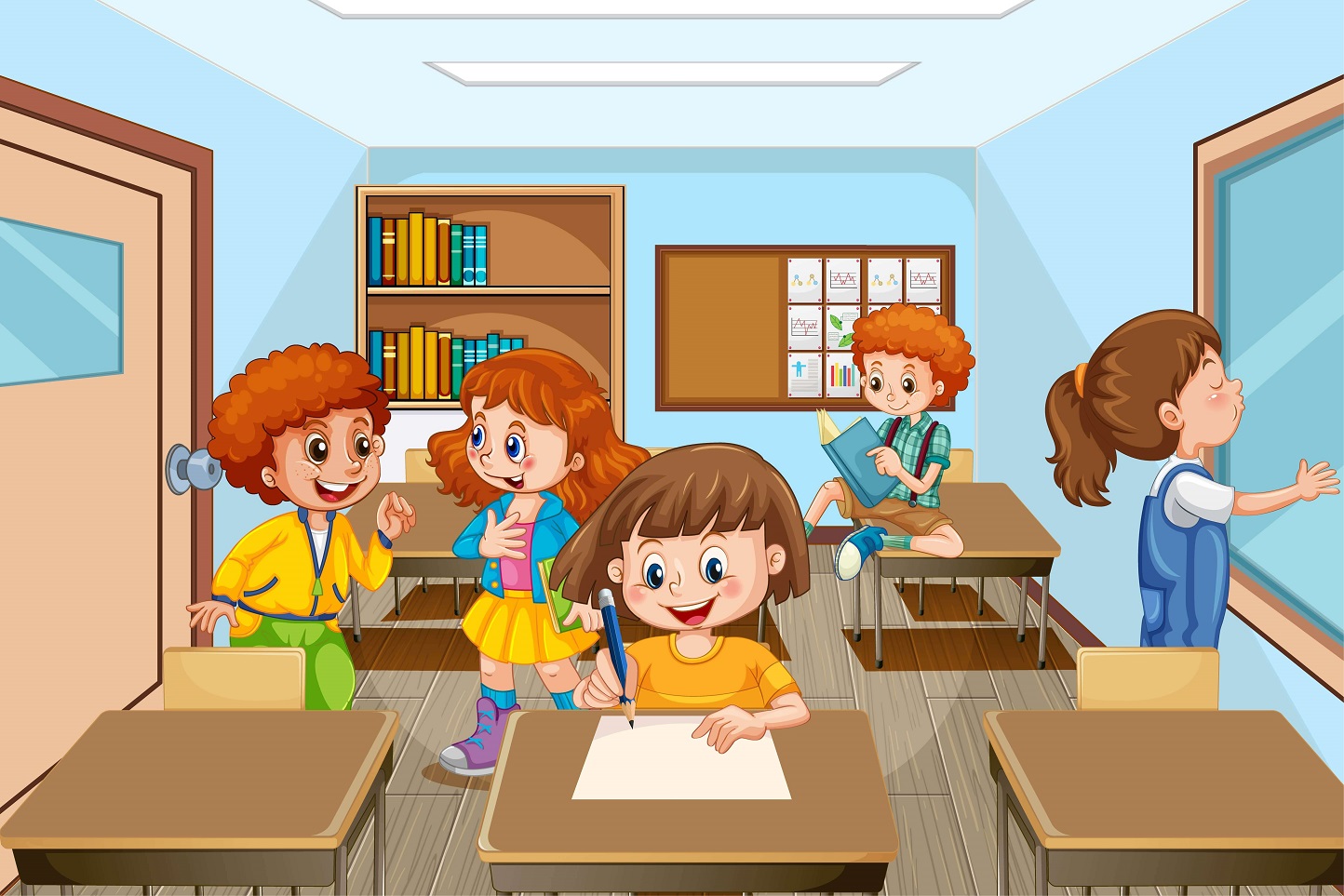How would one judge the best schools?
1. Children are given opportunities in the classroom regularly to think, discuss, debate, reach consensus, speak and act on outcomes for betterment.
2. Children are polite but do not fear authority, where they are patient and reasonable and understand the true meaning of democracy is living in and with variety.
3. Children aid, support, care for their juniors, smile and nod at visitors, help peers to attain their potential, are proud to be of service around the campus without instruction and are acknowledged by observing teachers for these random acts of building a culture of kindness, care and mindfulness.
4. Children keep diaries of gratitude, acts of social and political comment, resolutions to act on those solutions, link these to their current studies, recommend sources of interest to view and read, listen to, suggest ideas on teaching and learning, seek counsel with their own emotional issues. They share widely and have realised private citing is wasteful.
5. Children enjoy jokes, puns, value humour, wit, satire, as intelligence and know not to use it at the expense of hurting others.
6. Where language, literature, math, science, history and technology are taught in fluid integration with expert shared lessons and research. Where curricula is shaped by students’ need and demand amd guided by teacher mentors. Where art, music, and sports are intrinsic at all times as part of life and learning. Where preferences are respected and innovations encouraged. Where risk taking is not frowned upon.
7. Where teachers are also marked during assessments and resolutions are passed for change in both. Where a changing environment is seen as progress, hope and reflects to mimic life that must move in growth, not stagnate in comfort zones.
8. Where the governing body has a representation from an articulate and reasoning student body who in turn are informed by their student groups. Where the leadership training here cradles the larger lives they will lead in a democracy.
If you ask what about infrastructure and facilities, student board performance, parent’s perceptions, teachers’ degrees, public opinion on the school, and other such parameters, let me remind you that the school exists for children. The pulse of the child is the health of the school. You will recognise that the present parameters are all about adults and “others” who populate that school to make a living. Until we focus on the child there can be not much truth in those best school surveys.
So next time you see one of those surveys, ask how many children were interviewed and what systems were observed and evidenced as proof of excellence, to establish their veracity and relevance.
<a href=”https://www.freepik.com/vectors/frame”>Frame vector created by brgfx – www.freepik.com</a>


